Description
Pepperl+Fuchs KFD2-STC4-Ex1 – Intrinsically Safe Temperature Converter for TC/RTD to 4–20 mA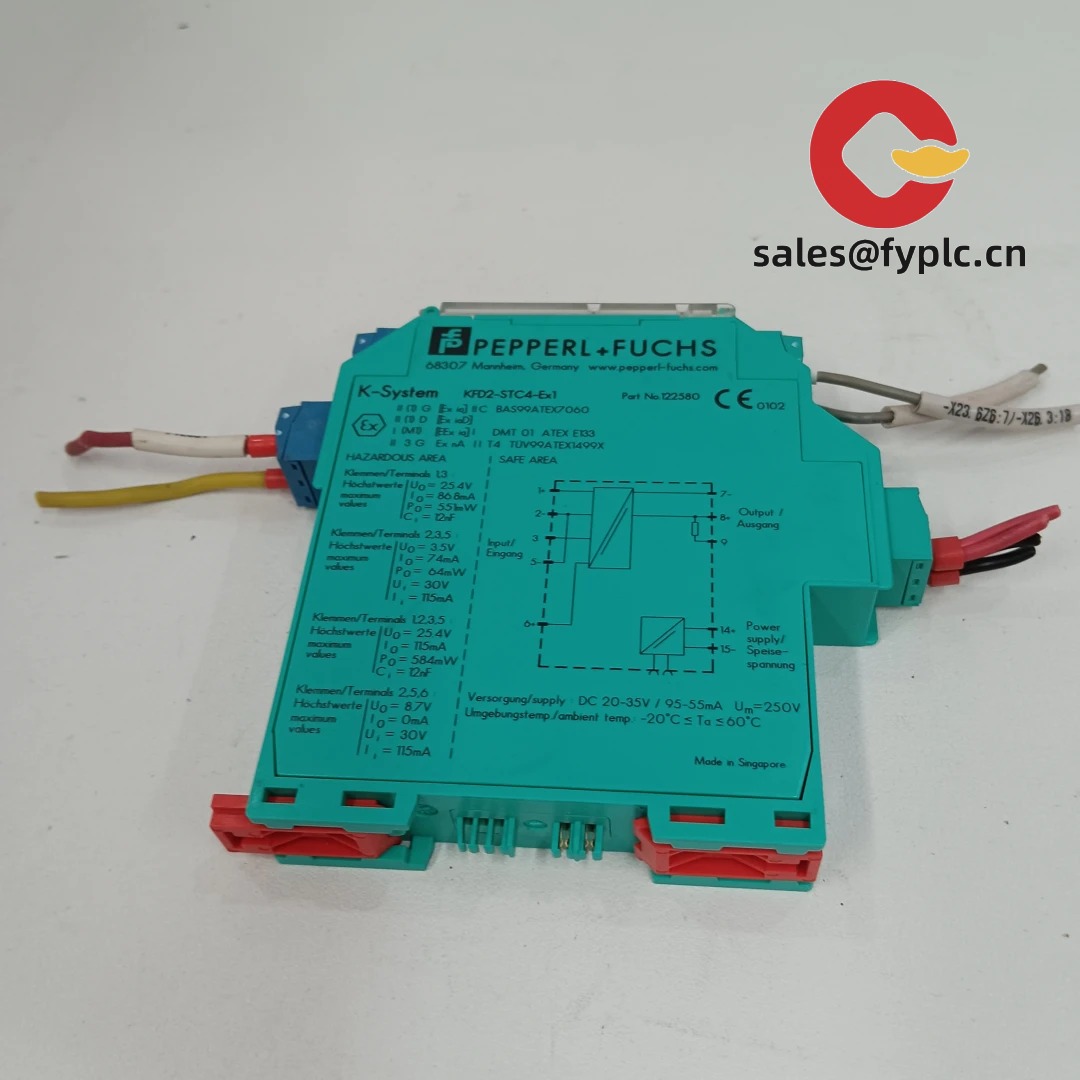
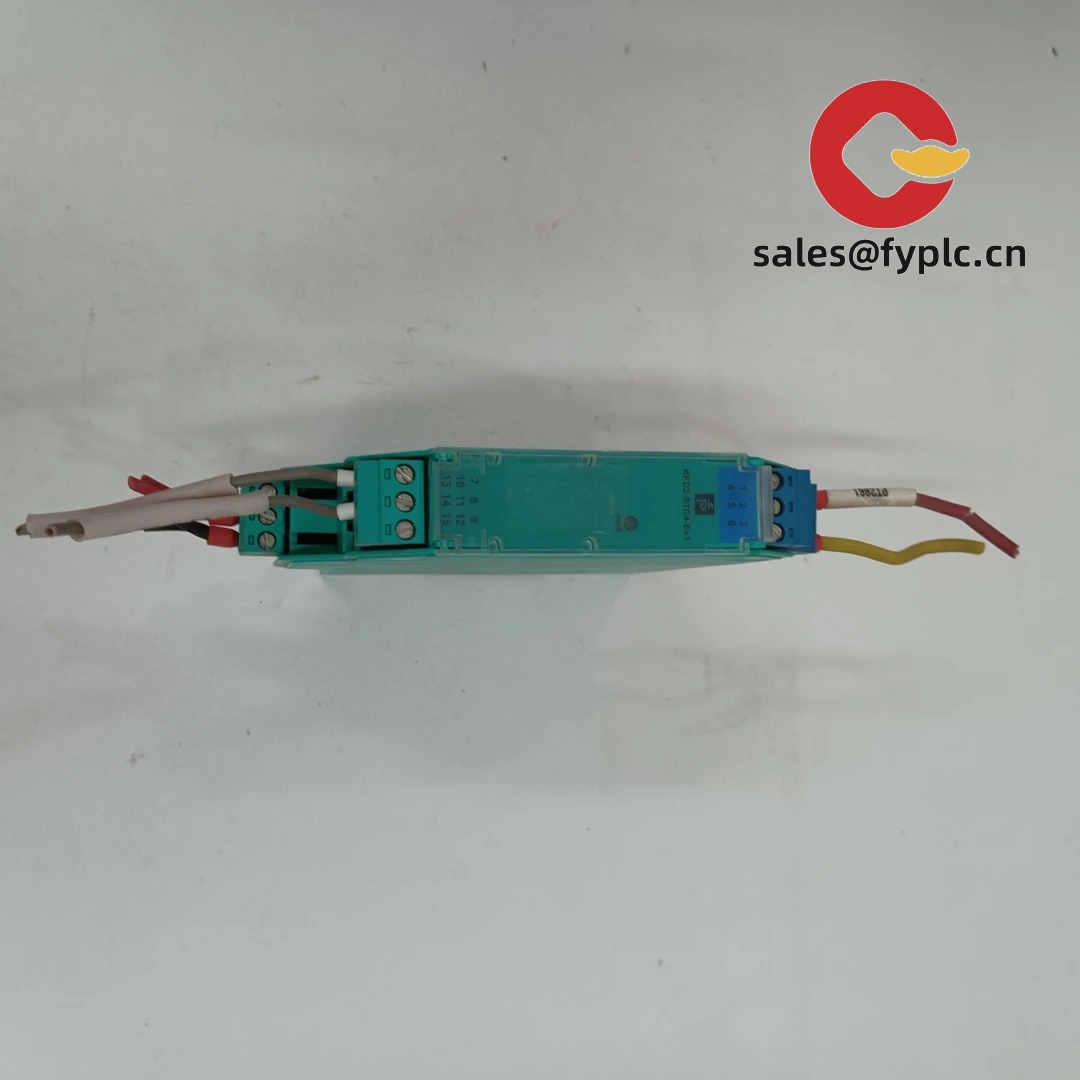
The Pepperl+Fuchs KFD2-STC4-Ex1 is a K-System isolated barrier that converts thermocouple, RTD, resistance, or low-level mV signals from hazardous areas into a clean, isolated 4–20 mA on the safe side. It’s a practical pick when you need dependable temperature measurement across Zone 0/1 field devices while keeping your control system noise-free and compliant. From my experience, it fits neatly in mixed I/O cabinets and plays nicely with existing power rails, which simplifies rollout on brownfield sites.
Company’s Order Placement Process and Guarantees
- Warranty period: 365 days
- Delivery time: 1 week for in-stock; no more than one month at the latest
- Payment: 50% advance payment; full payment prior to delivery
- Express delivery: FedEx, UPS, DHL
Key Features
- Universal temperature input – Accepts thermocouples (B, E, J, K, N, R, S, T), RTDs (Pt100/Pt1000, Ni types), resistance, and mV signals for flexible projects.
- Intrinsic safety (Ex i) – Connects directly to sensors in Zone 0/1, providing galvanic isolation to the safe area.
- 4–20 mA output – Linearized current output to DCS/PLC analog inputs; typically supports sink/source depending on configuration.
- 3-way galvanic isolation – Isolates input, output, and supply to reduce ground loops and electrical noise.
- K-System Power Rail ready – Optional power rail simplifies cabinet wiring and enables a collective error signal.
- Line fault monitoring – Open/short sensor detection helps find wiring issues faster in the field.
- Compact DIN-rail housing – Slim K-System design helps keep control cabinets tidy and scalable.
- Easy configuration – Typically set via on-unit DIP switches or software tool (depending on version) for quick commissioning.
Technical Specifications
| Brand / Model | Pepperl+Fuchs KFD2-STC4-Ex1 (K-System isolated barrier, temperature converter) |
| HS Code | 8543.70 (Electrical apparatus with individual functions) |
| Power Requirements | 20…35 V DC via terminals or K-System Power Rail (typical) |
| Dimensions & Weight | Approx. 20 × 119 × 115 mm (W × H × D); ~150 g (typical K-System form factor) |
| Operating Temperature | -20…+60 °C (in most cases; depends on installation conditions) |
| Signal Input / Output Types | Input: TC (B, E, J, K, N, R, S, T), RTD (Pt100/Pt1000, Ni), resistance, mV from Ex i field; Output: 4–20 mA (linearized) |
| Communication Interfaces | No data port; supports K-System Power Rail with collective error signal; status LED indication |
| Installation Method | 35 mm DIN rail (EN 60715); pluggable terminals; hazardous side to Zone 0/1 sensor |
| Isolation | 3-way galvanic isolation (input/output/supply) |
Application Fields
This model is commonly used in:
- Chemical and petrochemical – Accurate reactor and column temperature monitoring from Ex i thermocouples.
- Oil & gas – Wellhead RTD inputs where galvanic isolation and noise immunity matter.
- Pharmaceutical – Batch processes with validated temperature loops and traceable conversion.
- Power generation – Boiler and turbine area temperature pickups with reliable 4–20 mA outputs.
- Food & beverage / Water – CIP/SIP loops and tank temperature measurement with stable isolation.
One thing I appreciate is how it streamlines mixed sensor types on the same rail. A maintenance lead told us, “We swapped three different conditioners for the KFD2-STC4-Ex1 across units—fewer spares, faster loop checks.”
Advantages & Value
- Reliability – Proven K-System platform with robust isolation and fault indication, typically reducing nuisance trips.
- Compatibility – Works with a wide range of TC/RTD types; no special PLC cards needed—just a standard 4–20 mA input.
- Lower lifecycle cost – Power Rail option cuts wiring time; universal input means fewer spare models to stock.
- Technical support – Straightforward configuration and abundant documentation make FAT/SAT and audits smoother.
Installation & Maintenance
- Panel setup – Mount on 35 mm DIN rail with adequate ventilation; avoid heat sources and keep ambient within the stated range.
- Wiring – Use shielded pairs for sensor leads in noisy environments; maintain separation from high-voltage runs; follow Ex i entity parameters.
- Grounding – Bond rail and reference grounds as per site standards; proper grounding typically improves sensor stability.
- Configuration – Set sensor type, range, and burnout direction via DIP/software (depending on version). Verify with a simulator or calibrator.
- Maintenance – Periodic loop checks and sensor integrity tests; clean terminals annually; review collective error alerts if using Power Rail.
- Safety – De-energize before changing wiring; ensure hazardous area connections meet local ATEX/IECEx installation rules.
Quality & Certifications
- Conformity: CE marking
- Hazardous area approvals: ATEX / IECEx (intrinsic safety, model-dependent specifics)
- Safety/market access: UL/cUL (typically for control equipment)
- Environmental: RoHS compliant
- Manufacturer warranty: Pepperl+Fuchs typically provides a limited factory warranty (in many cases 3 years on K-System modules)
If you’re standardizing on K-System, the KFD2-STC4-Ex1 seems to be a safe, low-risk choice for temperature loops in classified areas. If you’d like, we can cross-check your sensor list and confirm configuration ranges before shipment.

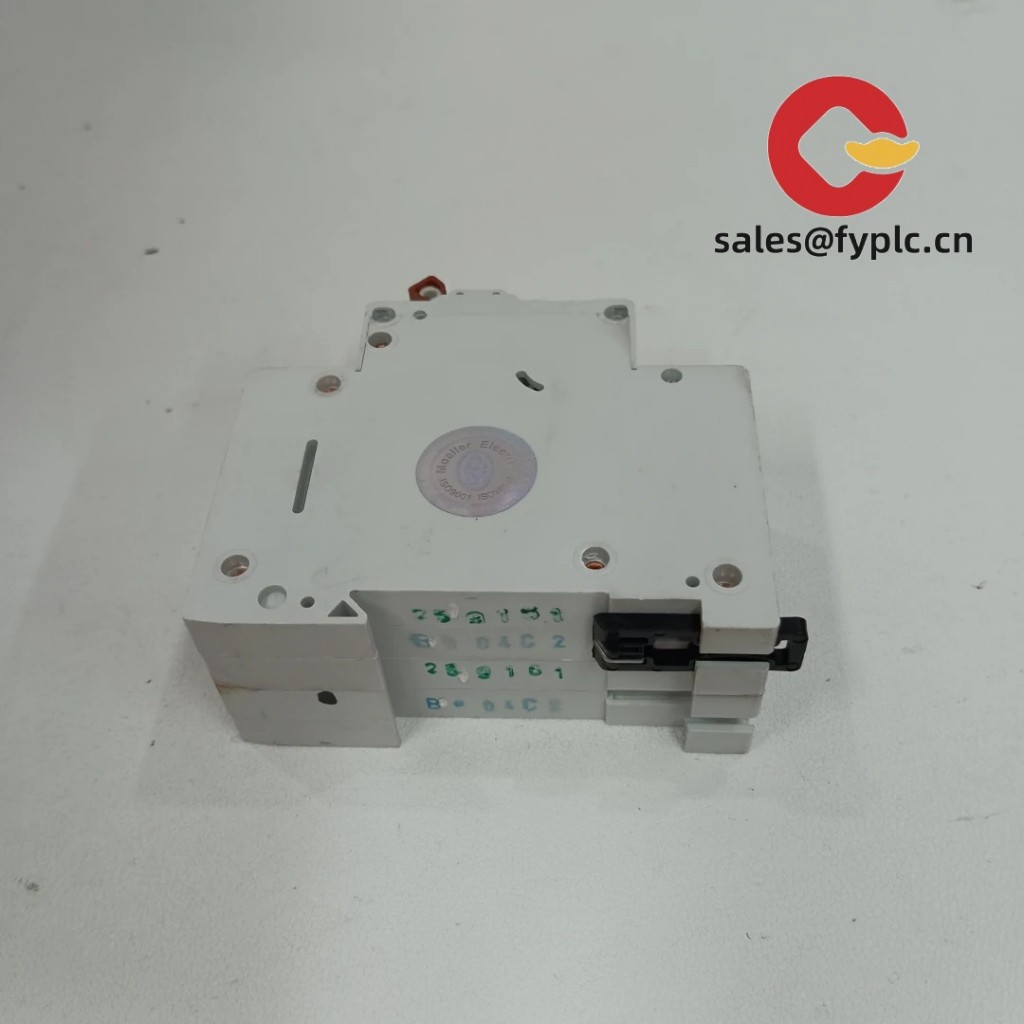
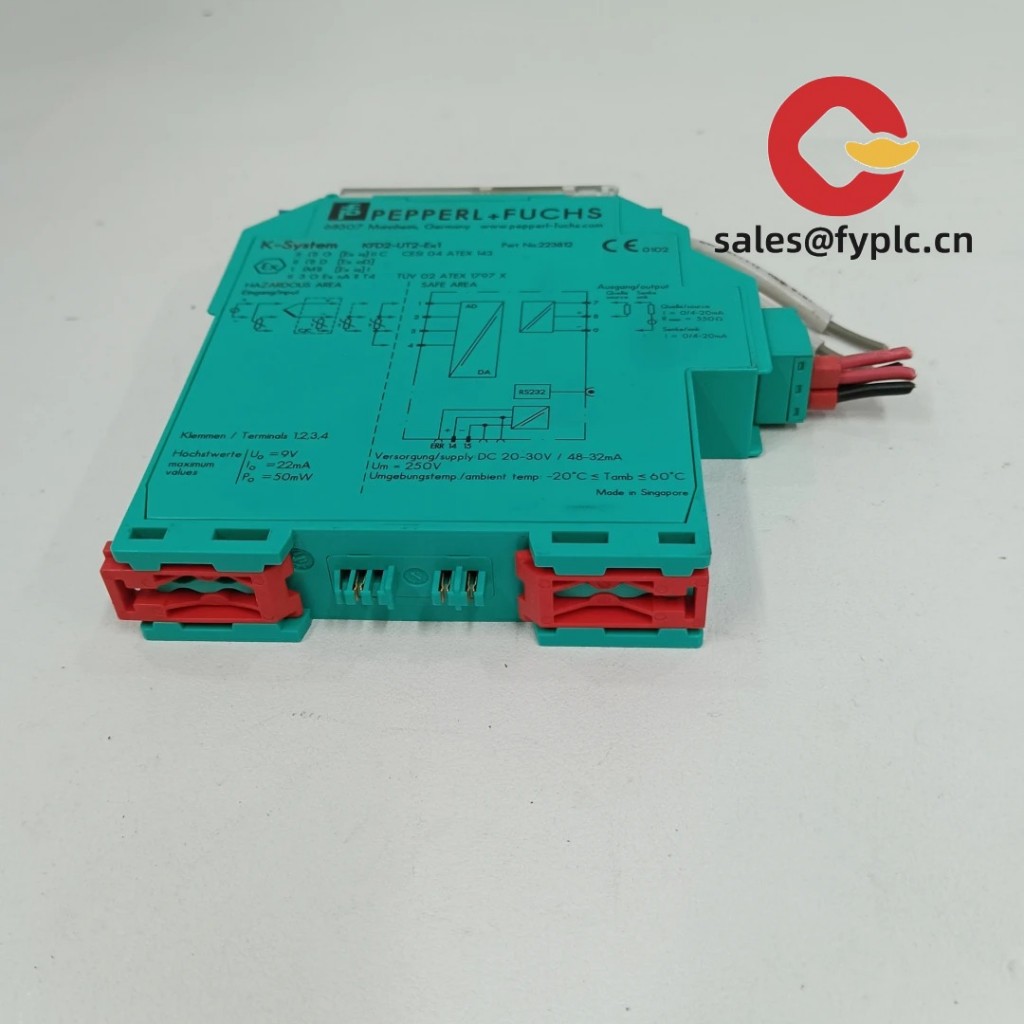
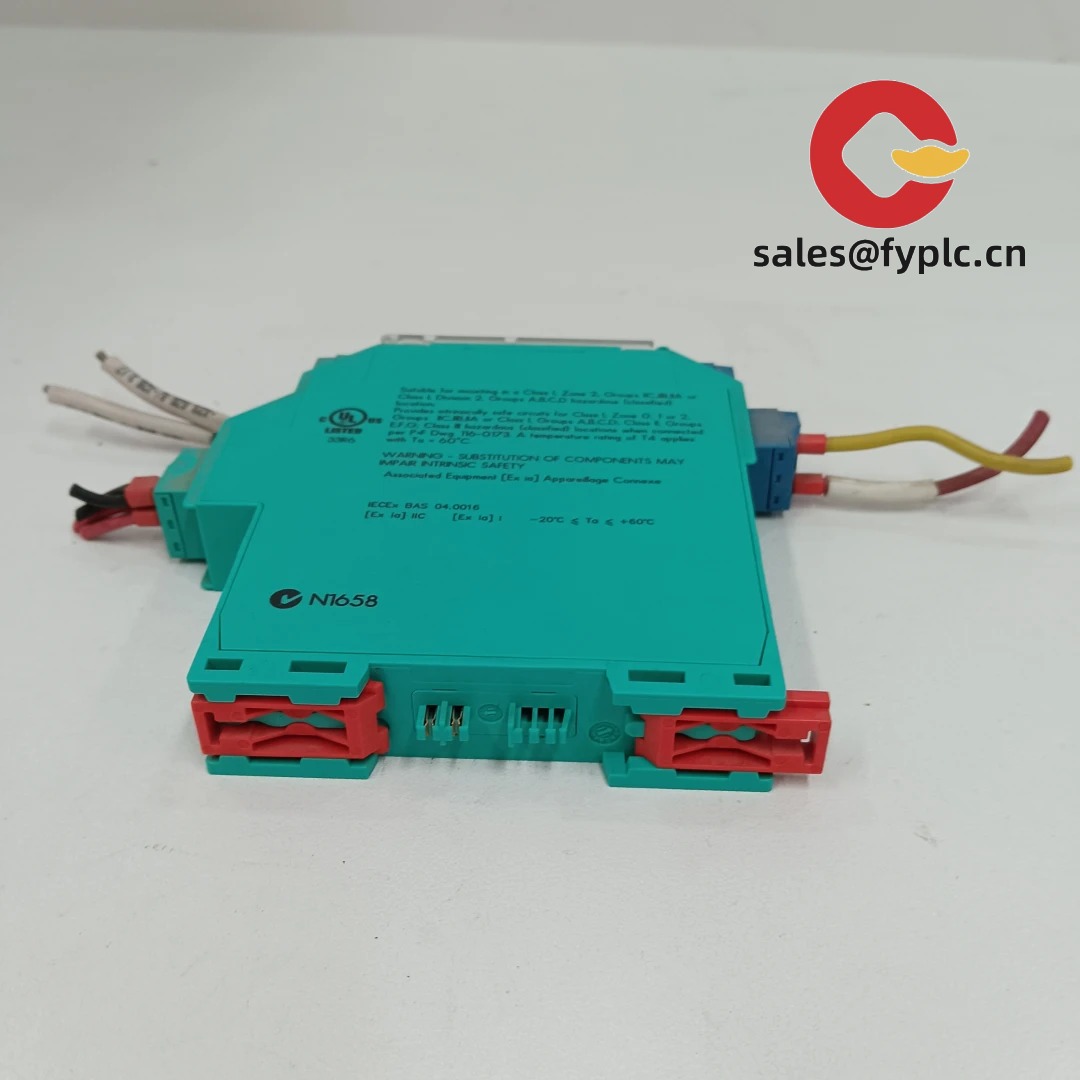
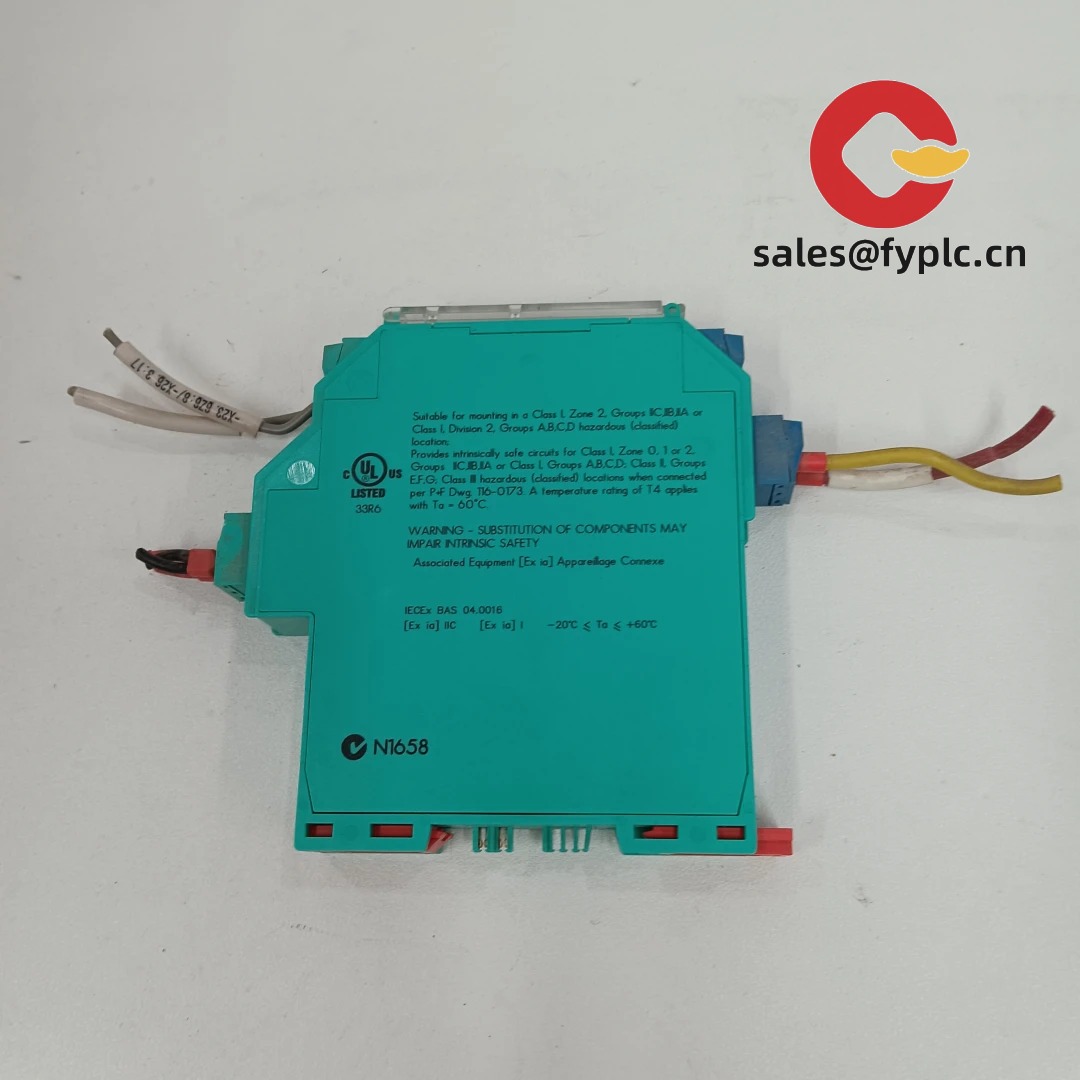

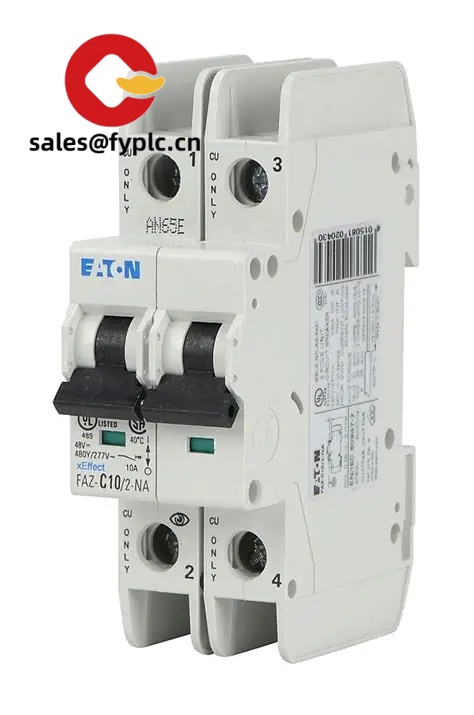
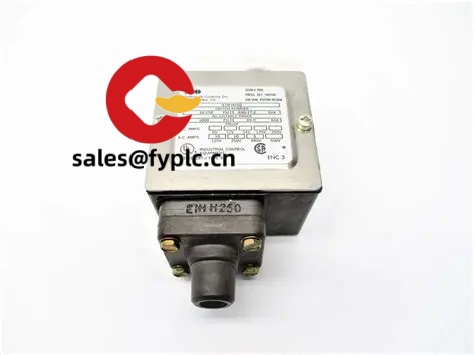
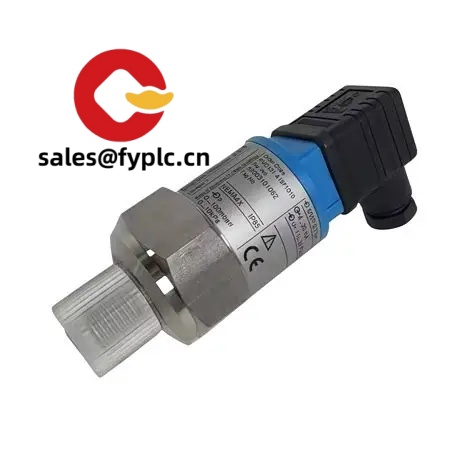
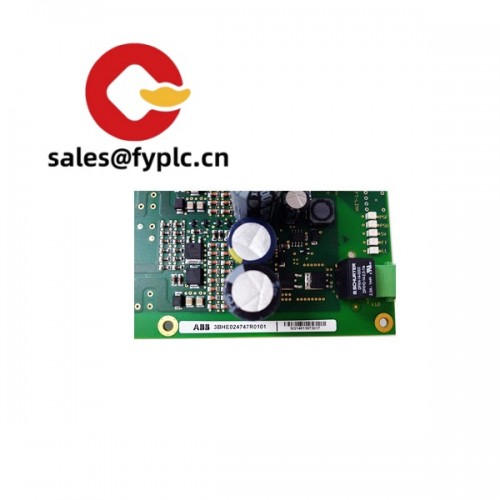
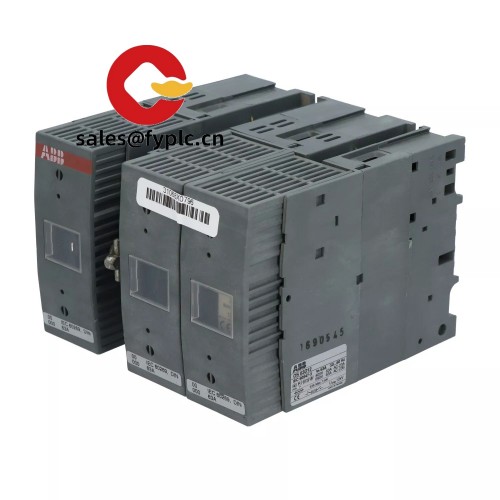
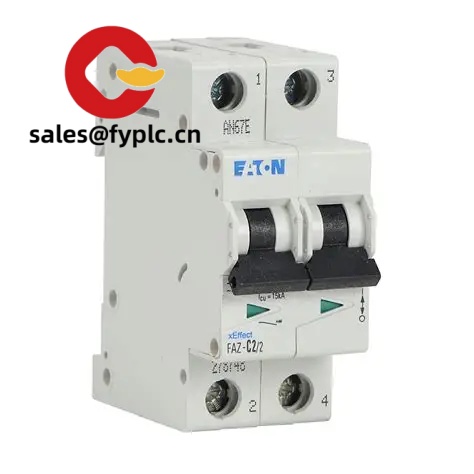


Reviews
There are no reviews yet.